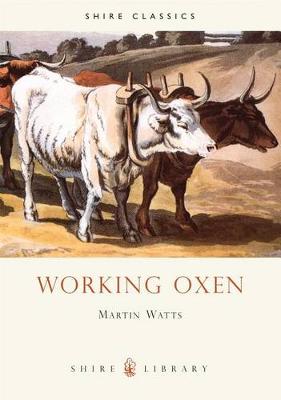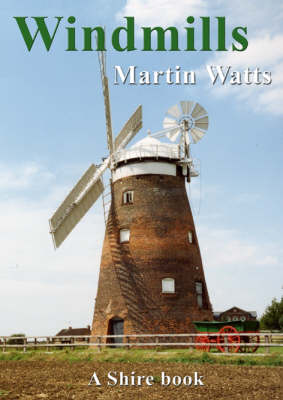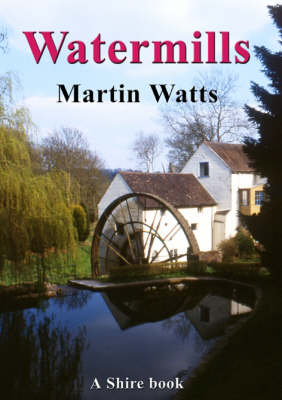Shire Album S.
3 primary works
Book 342
For thousands of years British fields were ploughed not by horses but by oxen, usually working in teams of two or four, noted for their strength, docility and economy. This is a survey of their use in Britain, their impact upon the countryside, and the relics that can still be found: yokes, bows, shoes, housing and place-names. Martin Watts is curator of the Ryedale Folk Museum in North Yorkshire.
Book 456
Windmills have been in existence for over 800 years and although only a fraction of those that once ground corn, pumped water and provided power for industry and agriculture, now survive. Among the most important features of these survivors are the variations in design that have come about through their different origins, the use of local materials in their construction, and the influence of millwrights and millers - those who built and worked them - in different parts of the country. Understanding these variations provides important clues to the need to protect and maintain windmills, the continued survival of which allows a fascinating insight into the historic use of renewable energy, the development of engineering, and the processing of grain, for flour and bread, as well as other essential products.
Book 457
Watermills were once commonplace but, because of their domestic scale and their often picturesque waterside locations, many have now lost their waterwheels and machinery and the buildings have been converted to other uses. Water power has been used for over 2000 years, initially for grinding grain and pumping water, and later for driving processing machinery for a wide variety of industries, which had a far-reaching effect on the economic and social development of Britain from the middle of the eighteenth century. In this new book, watermill expert Martin Watts, author of the Shire book "Water and Wind Power", explains the history and development of watermills as working buildings and the importance of the wider appreciation of the built environment and the use of natural sources of power.


